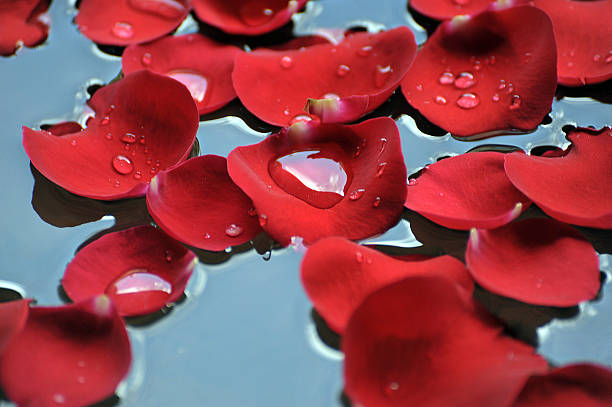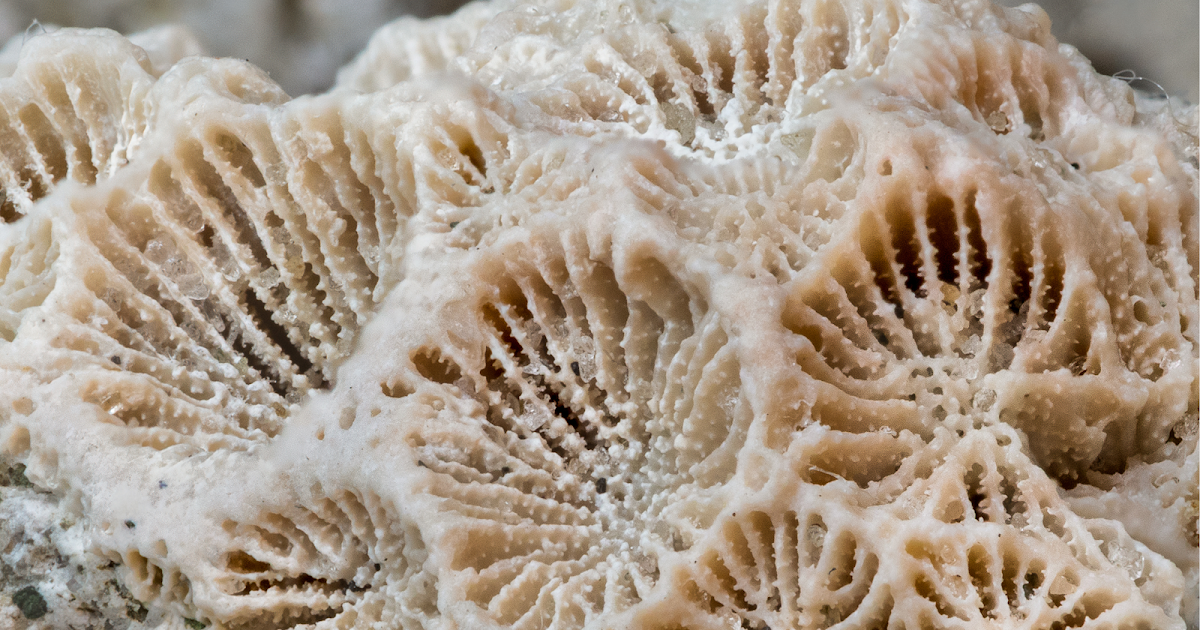
Rose Water and How It Helps with Acne
What is Rose Water?
Rose flower distillate, also known as Rose Water is a natural, fragrant liquid that is made by steeping or distilling rose petals in water. It has been used for centuries in various cultures for culinary, cosmetic, and medicinal purposes. Rose water is well-known for its enchanting floral scent and numerous potential benefits.
Here are some key aspects of rose water:
- Production: Rose water is typically made by distilling fresh rose petals in water. The method of production involves heating the petals to release their aromatic compounds, which are then condensed back into a liquid form.
- Fragrance: One of the most prominent features of rose water is its delightful and natural rose fragrance. It is often used in perfumes, cosmetics, and as a fragrance in various products.
- Natural Astringent: Rose water has natural astringent properties, which means it can help tighten and tone the skin. This makes it a popular ingredient in skincare products, especially for those with sensitive or mature skin.
- Culinary Use: Rose water is sometimes used in cooking and baking, especially in Middle Eastern and Indian cuisine. It can add a delicate floral flavor to dishes, desserts, and beverages.
- Cosmetic Use: Rose water is a popular ingredient in skincare products due to its potential benefits for the skin. It is often used as a toner, facial mist, or ingredient in various beauty products.
- Skin Benefits: Rose water is valued for its potential to hydrate and refresh the skin. It can help balance the skin's pH, soothe irritation, and reduce redness. Its mild astringent properties may also help tighten the pores.
- Hair Care: Rose water can be used in hair care routines to condition the hair and promote shine. It is often incorporated into shampoos, conditioners, and hair sprays.
- Aromatherapy: The soothing aroma of rose water makes it a popular choice for aromatherapy. Inhaling the scent is believed to have a calming and relaxing effect.
- Medicinal Uses: In traditional medicine, rose water has been used for its potential soothing properties, including relief from minor skin irritations, sore throats, and eye discomfort.
How Rose Water help with acne
Rose water may help with acne in several ways and offers hydrating, soothing, and anti-inflammatory benefits that promote a fresh, even complexion. Thanks to its antioxidant properties, it also protects the skin from environmental stressors and premature aging.
Here's how rose water can be beneficial for managing acne-prone skin:
- Anti-Inflammatory Properties: Rose water has natural anti-inflammatory properties that can help reduce redness, swelling, and skin irritation associated with acne breakouts. By calming inflamed skin, rose water may make acne lesions appear less severe and feel less painful.
- Hydration: Proper skin hydration is essential for maintaining skin health. Rose water is a mild, natural moisturizer that can help keep the skin well-hydrated. Well-hydrated skin is less prone to excessive dryness or oiliness, which can contribute to acne.
- Balancing Sebum Production: Some individuals find that using rose water can help balance sebum (skin oil) production. Balanced sebum levels are essential for preventing clogged pores and acne breakouts.
- Antioxidant Protection: Rose water contains natural antioxidants, such as vitamins C and E. These antioxidants help protect the skin from oxidative stress caused by free radicals, which can worsen acne and lead to premature aging.
- Soothing Irritated Skin: Rose water can provide relief to irritated skin and help reduce discomfort caused by inflammatory acne. Its gentle nature makes it suitable for individuals with sensitive skin.
- Balancing pH Levels: Rose water can help balance the skin's pH levels. An optimal pH level is crucial for maintaining healthy skin and preventing conditions like acne.
- Toner and Astringent: Rose water is often used as a natural toner or astringent. It helps tighten and tone the skin, making it valuable for those with acne-prone or mature skin. As a toner, it can help remove residual impurities and residue from the skin.
- Preventing Scarring: While not a direct acne treatment, rose water's soothing and hydrating properties may contribute to preventing excessive scarring and supporting the skin's natural healing processes.






